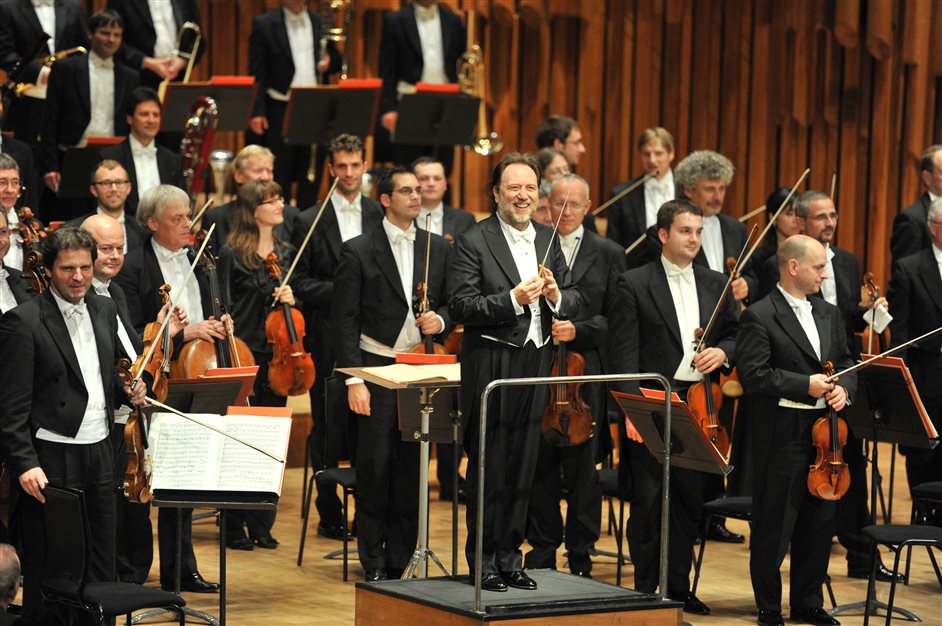Brahms Symphony No 2 in D, Op. 73
Gewandhausorchester Leipzig
Riccardo Chailly conductor
Arcadi Volodos piano
23 October 2013, Barbican, London
**************
The Chailly/Leipzig Gewandhaus Orchestra Brahms cycle continued on Wednesday with a hugely impressive combination of the 2nd Piano Concerto and 2nd Symphony.
The first thing to note (again) of Arcadi Volodos is his musicality. He appears a natural chamber musician, listening intently to the orchestra’s contributions and responding, as alive to the meditative moments as those of high drama. Deep into the great slow movement he and Chailly brought the music into a trance-like state, and elsewhere he embellished the solo cello line delicately. That famous cello solo in the Andante sounded a trifle flat and thin to me. The french horns also had some entries to forget. But as with the previous night there was much to enjoy from the Gewandhausorchester, not least the satin sheen that the strings summoned up in the mystical moments of the first movement.
| Arcadi Volodos accepts his triumph at the Barbican |
Volodos of course also possesses one of the piano world’s most marvellous mechanisms, and dispatched whole passages of Brahms’ famously tortuous writing with outrageous aplomb. His double-speed race to the conclusion of the scherzo formed a pendant with the orchestra’s similar speed up to conclude the Brahms First Symphony the night before. It is to be hoped that Volodos continues to appear regularly in London. He is simply one of the most gifted and interesting pianists alive.
After the interval the Brahms symphony cycle continued with his Second, written in a more pastoral vein than the Beethoven-on-steroids First. Having agonised for 20+ years over his first, the Second was delivered in under a year. This is Brahms’ most lyrical symphony but also contains some of his most exhilarating moments. Long a bit of a Cinderella symphony for me, I finally made friends with it earlier in the year so this concert was not to be missed.
All the quality and preparation from the previous evening were again in evidence here. The french horns were back on form, the second violins were flexing their muscle in the vigorous development sections, and the interpretation was again excellently rehearsed and shaped. The finale was exhilarating in its panache and precision. To hear such volume and power combined with a continuously translucent and balanced sound was a marvel.
But don’t seek this orchestra out for any Hungarian Dances. Whether it was the interventionism of Chailly or the disdain of an orchestra in pursuit of more cultured things, this First Hungarian Dance of Brahms joined the long history of encores that added nothing but subtracted a little from the memory of a Brahms evening of the first rank.
 |
| Chailly and the venerable Gewandhausorchester in the Brahms 2nd Symphony |






